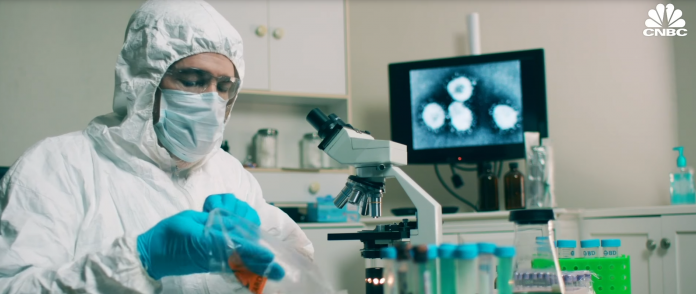(Tate Miller, The Center Square) The director of an organization of medical professionals testified before Congress that DEI is infecting medical education and called for standards to be based on merit alone.
Do No Harm Medical director Dr. Kurt Miceli “testified before the House Subcommittee on Education and Workforce Development at a hearing titled ‘Restoring Excellence: The Case Against DEI,’” a Do No Harm Medical news release said.
Do No Harm is an organization of medical professionals focused on “keeping identity politics out of medical education, research, and clinical practice,” according to its website.
The news release stated that in Dr. Miceli’s opening remarks, he “explained how DEI has come to infect medical education and the medical field as a whole, pointing to the main institutional culprits behind the rise of DEI ideology: medical associations, medical schools, accreditors, and certifying bodies.”
“We look at this question of racial concordance – the idea that Black patients do better with Black doctors or white patients do better with white doctors – one of the things we understand is that four out of five systematic reviews that have looked at that question find there is no difference in outcome by racial concordance,” Miceli said at the hearing.
Miceli “debunked the oft-repeated notion that racial concordance – in which patients are treated by physicians of the same race – improves health outcomes,” by this statement, the release said.
“Dr. Miceli continued by examining the role of medical education accreditors in propagating DEI, while also noting some good news: the Accreditation Council for Graduate Medical Education (ACGME) recently announced that it would be suspending enforcement of two key ‘diversity’ requirements, following an executive order by President Trump targeting accreditors for injecting DEI into medical education,” the release said.
Miceli said at the hearing that “it’s essential that the standards are based on merit, and only merit, so that we make sure we have exceptional physicians that are out there, and nothing else.”
In a document of Miceli’s full testimony, he wrote that DEI ideology “has been and continues to be imposed onto the medical field top-down through its ostensibly prestigious institutions.”
Medical schools; accrediting bodies for medical education; and medical associations, speciality societies and medical boards are the three institutions Miceli named as those imposing DEI ideology upon medicine.
“Collectively, these institutions are most responsible for driving the spread of DEI in medicine and medical education,” Miceli wrote.
Miceli wrote that, although much progress has been made in rooting out DEI from medicine, “there is still much to do.”
For instance, “Do No Harm has found that nearly half of medical schools in the United States … still noticeably maintain a DEI office on their website, thereby perpetuating the bureaucracy supporting this ideology,” Miceli wrote.
Miceli wrote that “the principles that have long made America exceptional are being undermined by the way diversity, equity, and inclusion (DEI) is practiced today.”
“Reform is not a matter of politics; it is a moral imperative,” Miceli wrote.
“The health of our nation depends on restoring integrity to medicine, beginning with education that values skill over ideological zeal, and care that prioritizes science over radical political agendas,” Miceli wrote.

